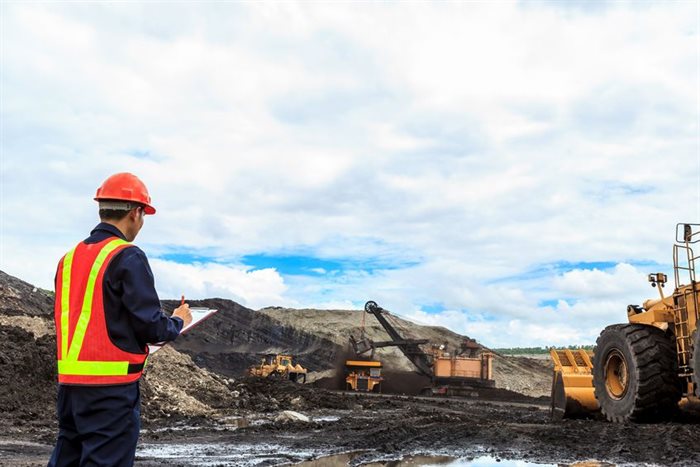
Related
Top stories






More news

ESG & Sustainability
#AGES2026: How to back Africa's next-gen green and blue entrepreneurs















Logistics & Transport
#Budget2026: Road freight logistics and what it means for consumers


An untapped goldmine: opportunities for South African mining, shows that the mining sector remains an important engine of South Africa’s economy, contributing approximately 8% of GDP, and employing roughly half a million people. The industry also has the capacity to contribute to future growth.
“As developed economies seek to diversify their supply of critical minerals away from Russia and China, and with its rich natural endowment of mineral deposits, South Africa has the ability to strengthen its position as a supplier of critical minerals, such as platinum group metals (PGMs), vanadium, and manganese,” says Tycho Möncks, MD and partner at BCG, Johannesburg and co-author of the paper.
“Early exploration has also indicated that there might be potential reserves for additional future-relevant resources, such as cobalt and magnesium.”
However, several challenges constrain the development of South Africa’s mining sector to its full potential.
“While these challenges will require strategic partnerships and large-scale investments from the public and private sectors, three areas stand out where mining companies have the ability to take decisive action in the short-term: improve exploration to uncover new resource and reserves, address the currently unreliable and unsustainable electricity situation, and enhance the cost position of day-to-day mining activities,” says Hans Kuipers, MD and partner at BCG, Johannesburg and co-author of the article.
South Africa scores poorly on a BCG and SNL index of geo-map quality: the country’s score of 2 is significantly lower than China’s score of 5, as well as the global average of 3.2. Poor geo-mapping inhibits exploration appetite and limits South Africa’s ability to uncover new deposits and identify future-relevant mineral types.
“A renaissance in exploration is needed to breathe new life into South Africa’s mining industry, driven by improved analytics and new technologies such as artificial intelligence (AI), which can enable more effective, cheaper, and faster exploration efforts,” says Peter Clearkin, MD and partner at BCG, Johannesburg and co-author of the article.
“An example is combining satellite imagery from sources such as Descartes with drilling data from mining companies – BCG is developing an integrated AI approach to bring those two sources together to enhance exploration success even in the absence of geo-mapping efforts,” says Clearkin.
South Africa’s electricity costs are fourth highest among its peer group of mining countries, and only set to keep on rising with the recently approved tariff hike of nearly 19% by the National Electricity Regulator of South Africa (Nersa). Electricity supply is also unreliable, with almost 1,600 hours of load shedding and about 500 hours of load curtailment in 2022, and carbon-intensive, with coal-fired plants making up nearly 80% of installed capacity.
This creates a clear imperative for the South African mining sector to transition towards cleaner and more reliable sources of electricity, such as through renewable self-generation. Many mining companies are already investing in building their own renewable energy to power their operations, but will require policy support from the government to fast-track licensing applications.
High electricity prices and low productivity hamper South Africa’s competitiveness in international markets – but this can be turned around by using new technologies like AI and advanced analytics in mining operations and maintenance.
A case in point: BCG and Endeavour together built advanced AI and analytics tools to increase the productivity of gold mining processes, especially in blending and milling – ultimately enhancing throughput and boosting recovery.
AI-based maintenance models can also improve and streamline operations by predicting when maintenance is needed and prioritising the most urgent maintenance requirements – preventing costly unplanned outages and downtime.
“The challenges South Africa’s mining industry faces are solvable, but they require support. Local miners will require support in the form of investments and financial assistance, as well as non-financial support in the form of skills and technology transfers to transform their businesses. International partners that embark on this journey with South Africa’s mining industry can unlock significant value,” says Kuipers.
Download a copy of the white paper here.